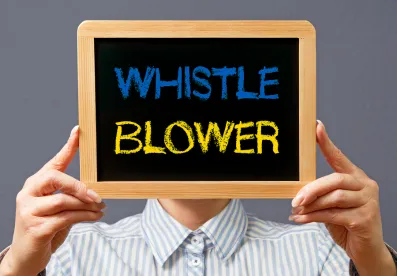November 23, 2021. Earlier this month, a group of Congressional oversight leaders wrote a letter to the Government Accountability Office (GAO), requesting a review of the protections granted to Federal Bureau of Investigation (FBI) whistleblowers. “Father of the modern False Claims Act” Senator Chuck Grassley (R-IA) led Congresswomen Jackie Speier (D-CA) and Carolyn Maloney (D-NY) along with Senators Gary Peters (D-MI) and Rob Portman (R-OH) in querying the GAO as to why FBI employees continue to face retaliation for whistleblowing as well as lack an independent appeals process. While Congress enacted the GAO’s recommendations within a year of the 2015 report on the state of FBI whistleblower protections, the Department of Justice (DOJ) has yet to promulgate regulations to the same effect almost seven years later. Two major pain points which DOJ regulations could resolve include more specificity as to whom an FBI whistleblower should report wrongdoing and protections against retaliation.
In their letter to GAO, the congressional oversight leaders named several examples of FBI whistleblowers who were terminated for reporting fraud. After jumping through multiple hoops and attempting to navigate the FBI’s “opaque internal rules,” some of these whistleblowers were able to appeal to have their position reinstated, only to have their security clearance revoked, effectively barring them from doing their jobs. As Grassley and others wrote, “These extensive issues with the FBI’s current whistleblower program make the bureau one of the most difficult places in the federal government to report malfeasance.” The letter continues with 17 questions to guide the GAO’s review of why the FBI has not yet implemented the GAO’s 2015 recommendations. Questions include inquiries as to the number of FBI employees who have reported retaliation for making protected disclosures since 2016 and why the DOJ’s Office of Attorney Recruitment and Management handles whistleblower appeals.
As the FBI is a key agency for investigating a variety of domestic threats, including public corruption, white-collar crime, and cybercrime, it behooves the agency to have safeguards in place to ensure employees can report corruption and fraud.





 />i
/>i

